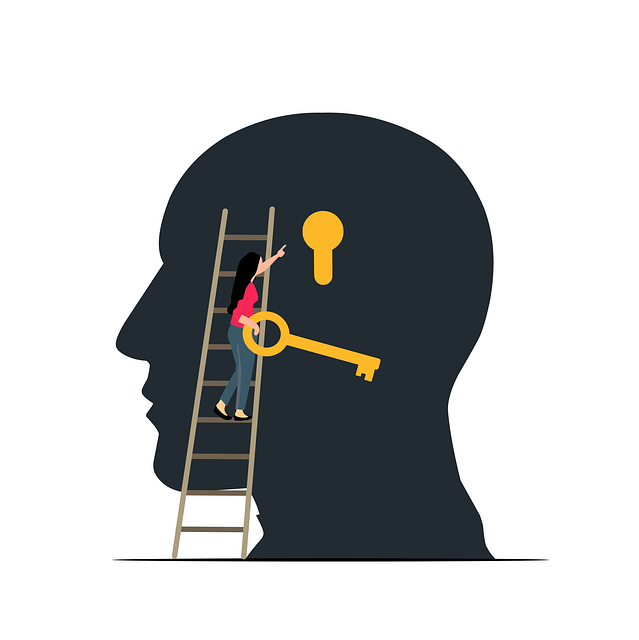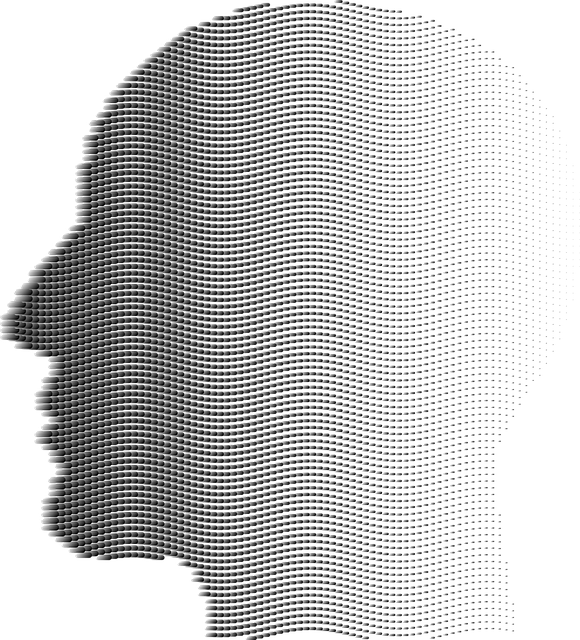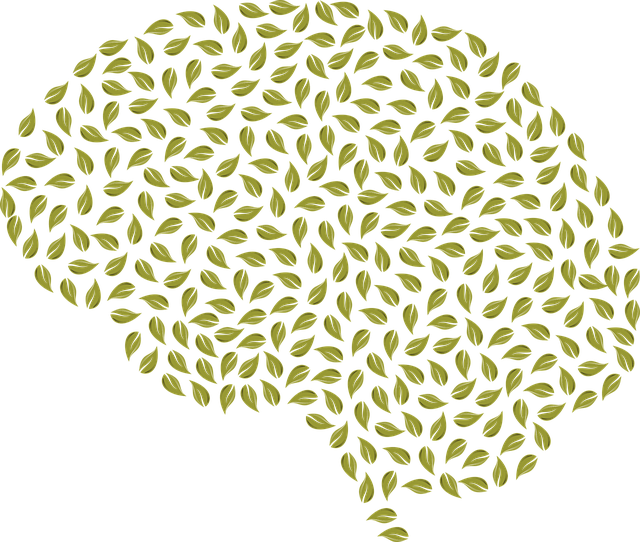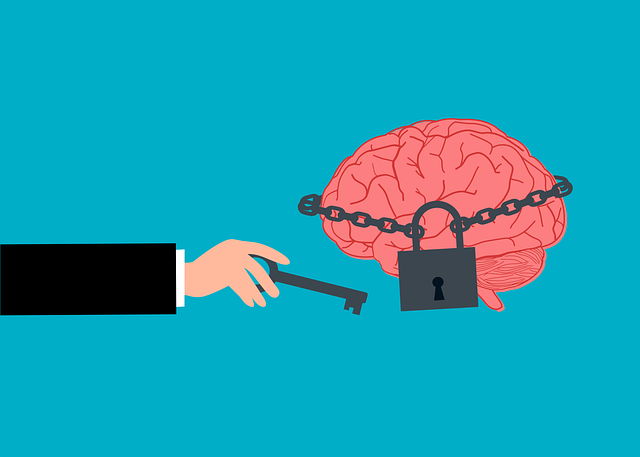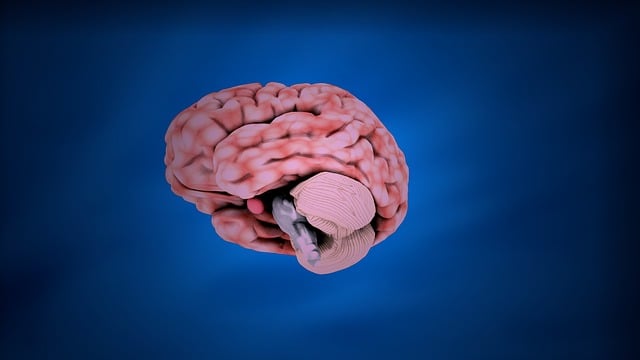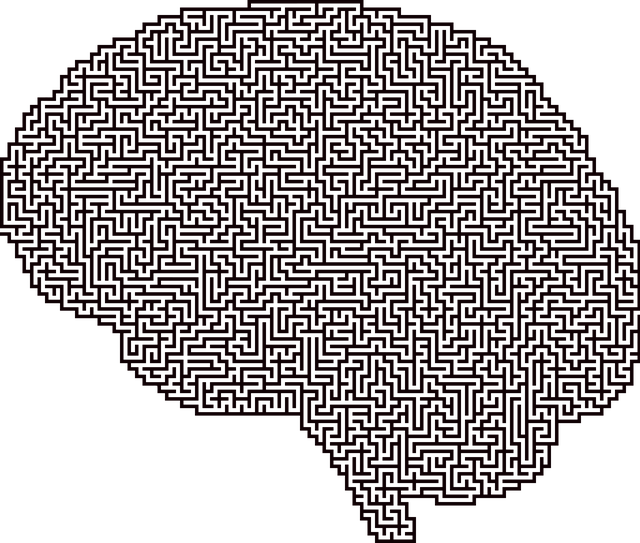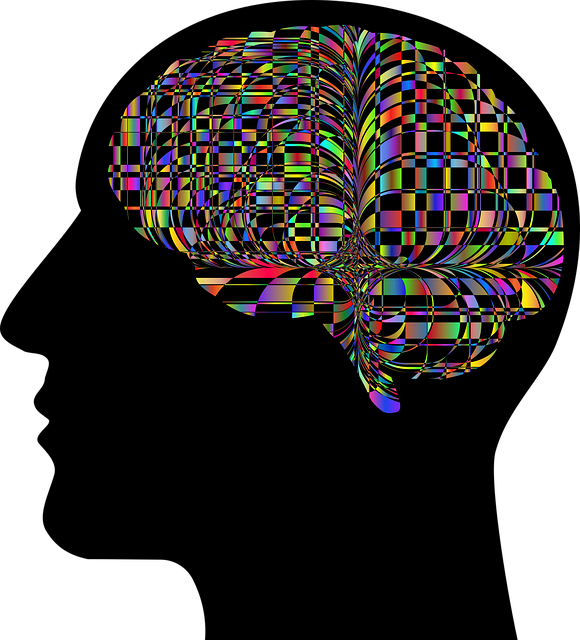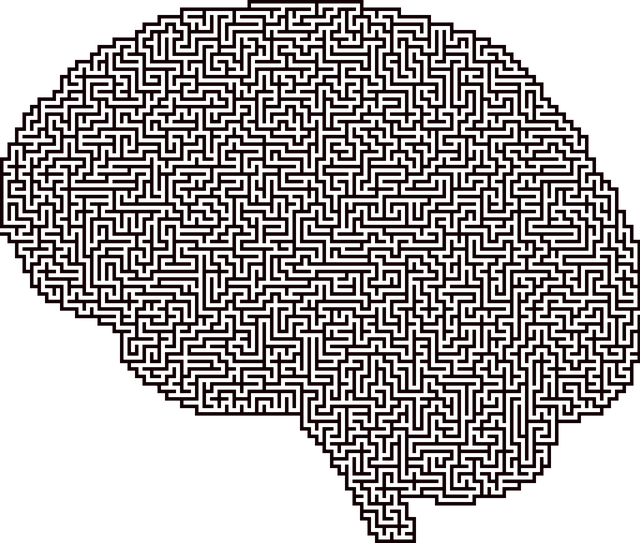Attention Deficit Hyperactivity Disorder (ADD-ADHD) is a neurodevelopmental condition requiring comprehensive therapy that addresses its multifaceted symptoms, including comorbid mental health challenges. Effective therapy integrates behavior modification with empathy, focusing on stress management, mindfulness, emotional regulation, and self-compassion. Mental wellness coaching, distinct from traditional therapy, empowers individuals to develop coping strategies, build resilience, and navigate life challenges. Personalized coaching programs for ADD-ADHD include self-awareness exercises, emotional intelligence training, and trauma support, leading to improved symptom management, healthier relationships, and enhanced well-being. Success is measured holistically using various assessment tools, enabling coaches to optimize their approaches and promote sustainable recovery.
Mental wellness coaching programs are emerging as a powerful tool to support individuals with Attention Deficit Disorder (ADD) or Attention Deficit Hyperactivity Disorder (ADHD). This article explores the development and effectiveness of such programs, focusing on understanding the unique challenges posed by ADD-ADHD. We delve into the role of mental wellness coaching, offering practical insights on designing tailored techniques and measuring success. By combining evidence-based practices with individual needs, these programs provide an innovative approach to therapy for ADD-ADHD.
- Understanding ADD-ADHD: Symptoms and Challenges
- The Role of Mental Wellness Coaching in Support
- Designing Effective Coaching Programs for ADD-ADHD
- Tailoring Techniques to Individual Needs
- Measuring Success: Evaluation and Continuous Improvement
Understanding ADD-ADHD: Symptoms and Challenges

ADD-ADHD, or Attention Deficit Hyperactivity Disorder, is a neurodevelopmental condition characterized by persistent inattention and hyperactivity-impulsivity. Recognizing its symptoms is crucial for effective therapy and coaching. Individuals with ADD-ADHD may struggle with focusing on tasks, often getting easily distracted, and maintaining sustained attention. They might also exhibit impulsivity, making hasty decisions without considering the consequences. Hyperactivity can manifest as restlessness, excessive talking, or difficulty sitting still. These symptoms can significantly impact daily life, affecting academic performance, work productivity, and relationships.
The challenges go beyond the obvious behavioral issues. ADD-ADHD often intertwines with other mental health conditions like anxiety, depression, and mood disorders, complicating diagnosis and treatment. Stress management workshops and compassion cultivation practices have shown potential in supporting individuals with ADD-ADHD to develop coping mechanisms. These strategies teach mindfulness, emotional regulation, and self-compassion, which are essential tools for navigating the complexities of this condition. Effective therapy focuses on these multifaceted aspects, combining behavior modification techniques with empathy and understanding.
The Role of Mental Wellness Coaching in Support

Mental wellness coaching offers a unique and supportive approach to enhancing individuals’ mental health and overall well-being. Unlike traditional therapy, which often focuses on diagnosing and treating specific mental illnesses, coaching centers on empowering people to develop coping strategies and build resilience. This proactive method is especially beneficial for those seeking support for conditions like Attention Deficit Hyperactivity Disorder (ADHD), where therapy can help manage symptoms but may not fully address the underlying challenges.
Through tailored sessions, coaches guide clients in exploring their thoughts, emotions, and behaviors, fostering self-awareness and personal growth. By encouraging open dialogue and providing a non-judgmental space, mental wellness coaching helps reduce the stigma often associated with mental illness. As part of the broader development of mental wellness coaching programs, these interactions aim to build resilience, enabling individuals to navigate life’s challenges more effectively and promote overall mental health.
Designing Effective Coaching Programs for ADD-ADHD

Designing effective coaching programs for individuals with Attention Deficit Hyperactivity Disorder (ADD-ADHD) requires a tailored approach that caters to their unique needs and challenges. These programs should focus on enhancing self-awareness exercises, as it plays a pivotal role in managing symptoms. Through guided meditations and reflective practices, coaches can help clients recognize triggers and develop strategies to improve focus and impulsivity control.
Moreover, integrating emotional intelligence training is essential. Coaching sessions can teach individuals with ADD-ADHD to identify and manage their emotions, fostering healthier relationships and improving overall mental wellness. Trauma support services might also be beneficial, as many individuals on the spectrum may have experienced sensory overload or other traumatic events. Providing a safe space for processing these experiences can significantly contribute to their overall well-being and ability to engage in therapy for ADD-ADHD effectively.
Tailoring Techniques to Individual Needs

In the realm of mental wellness coaching, one of the most effective strategies is tailoring techniques to meet individual needs. This personalized approach ensures that each client receives support and guidance that directly address their unique challenges. For instance, individuals with Attention Deficit Hyperactivity Disorder (ADHD) or ADD can greatly benefit from therapy sessions designed to enhance focus and manage impulsivity. Through structured plans and adaptive teaching methods, coaches can help these individuals develop essential coping mechanisms and improve their overall quality of life.
Furthermore, mental wellness programs can incorporate Social Skills Training to foster connections and build resilience among participants. By teaching effective communication and conflict resolution skills, such training empowers individuals to navigate interpersonal relationships with confidence. Additionally, focusing on Self-Esteem Improvement allows clients to challenge negative thoughts and beliefs, thereby enhancing their sense of self-worth and resilience in the face of adversity.
Measuring Success: Evaluation and Continuous Improvement

Measuring success is a vital component of any mental wellness coaching program, especially when addressing complex conditions like Attention Deficit Disorder (ADD-ADHD). Evaluation methods should go beyond traditional metrics to capture the holistic nature of mental health improvements. This involves assessing not only symptoms but also clients’ overall well-being, life satisfaction, and functional abilities in various domains. Well-designed assessment tools can include self-report measures, structured interviews, and observer ratings tailored to the specific goals of the coaching program.
Regular evaluation allows for continuous improvement, ensuring that the program remains effective and responsive to individual needs. By collecting feedback from clients and implementing data-driven adjustments, coaches can optimize their approaches. For instance, a Community Outreach Program Implementation focusing on trauma support services might incorporate Self-Care Practices as an evaluative component, measuring participants’ ability to integrate these practices into daily routines. Such iterative processes are key to fostering sustainable recovery and positive mental health outcomes.
Mental wellness coaching programs offer a promising approach in supporting individuals with ADD-ADHD, providing valuable tools to navigate their unique challenges. By combining tailored techniques and continuous evaluation, these programs can significantly enhance focus, productivity, and overall well-being. As we continue to explore innovative therapy methods for ADD-ADHD, mental wellness coaching stands as a game-changer, empowering folks to take control of their mental health and unlock their full potential.

